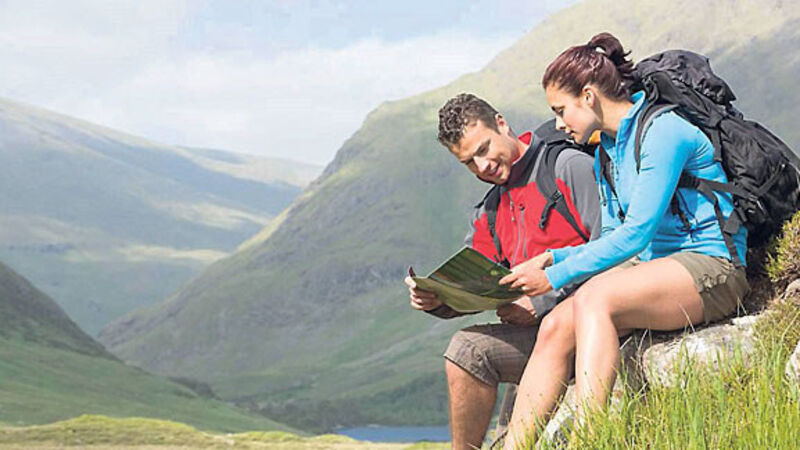We must respect our scenic gems

If you go down to the woods today, leave nothing behind you, take nothing with you. That’s the message from the Leave No Trace organisation, in a programme adopted by Coillte nine years ago.
I’m lucky enough to be in the woods every day and most of the time visitors treat this place with the respect it deserves. But every now and then, there are exceptions to that rule. Crisp packets and empty beer cans seem to be the biggest offenders.










